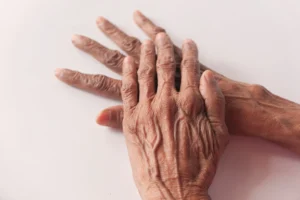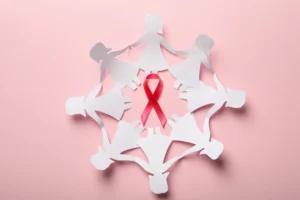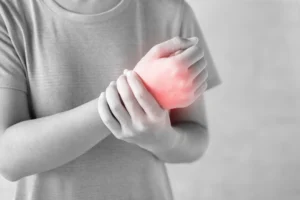
Cancer Patients’ Common “Post-Treatment Immune Suppression and Infection Risk” — How to Understand and Cope
After treatment ends, many patients worry most not about tumor recurrence, but about their body becoming “very prone to colds,” “slow wound healing,” or “small infections leading to prolonged fever.” This condition is medically known as “Treatment-Related Immunosuppression and Increased Infection Risk.” It is not simply “weaker constitution” or “getting older,” but the long-term suppression of the immune system by chemotherapy, radiotherapy, targeted therapy, or prolonged steroids. Lung cancer, lymphoma, leukemia, colorectal cancer, breast cancer, and ovarian cancer patients are particularly susceptible, and symptoms often persist for months to years — one of the most common and life-safety-impacting long-term side effects after treatment.









